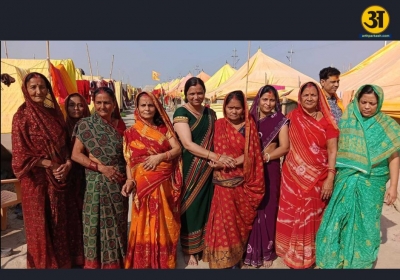
Centre, U’khand back UCC, ban on close-relative marriages
Centre, Uttarakhand defend UCC and ban on close-relative marriages in court
The Uttarakhand High Court has asked the Union and state governments to respond to a petition challenging some parts of the Uniform Civil Code (UCC). The law, which was enforced in Uttarakhand on January 27, sets rules for marriage, divorce, inheritance, and live-in relationships. The petitioners, Almasuddin Siddiqui from Dehradun and Ikram from Haridwar, argue that it interferes with religious practices.
A bench of Chief Justice G Narendar and Justice Ashish Naithani issued the notice and gave six weeks for a response. Meanwhile, the Centre and the state defended the law, saying it treats everyone equally and does not affect Scheduled Tribes.
Debate over marriage and live-in rules
One of the major issues raised in the petition is the UCC’s rule against marriages between close relatives. The petitioners argue that such marriages are allowed under Islamic law, but the government maintains that prohibiting them follows social and legal norms. Solicitor General Tushar Mehta stated that laws should prevent marriages between close family members, such as a man marrying his stepmother or son’s widow. He challenged the petitioners to prove a fundamental right to marry a sibling if they wanted to challenge the law.
Another key issue is the mandatory registration of live-in relationships. The petitioners claim that this violates the right to privacy under Article 21 of the Constitution. However, the government argues that registration is necessary to protect women and children. Mehta pointed out that unregistered live-in relationships often leave women abandoned and children without legal rights. Registering them ensures that women can claim maintenance and children get proper recognition.
ALSO READ: Supreme Court declines to lift mining ban in Uttarakhand District
ALSO READ: Uttarakhand set to implement Uniform Civil Code today: key details revealed
The petitioners further argue that the UCC goes against religious customs, violating Article 25, which protects religious practices. They also claim that exempting Scheduled Tribes from the law creates an unfair distinction among citizens. Despite these arguments, the court did not stop the UCC’s implementation. The case is now awaiting further hearings after the government submits its response.
Uttarakhand is the first state in India to introduce a UCC, applying the same personal laws to all communities. It requires live-in relationships to be registered and applies to both residents and foreigners living in the state. The final decision on its validity will depend on future court rulings.





